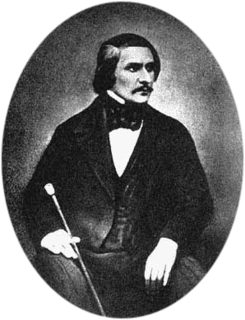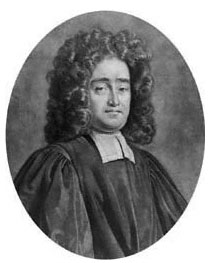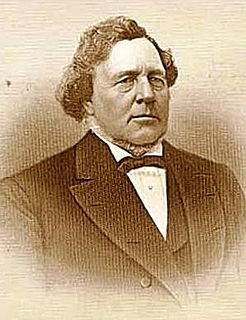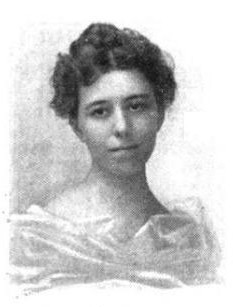A Quote by Nikolai Gogol
What is stronger in us — passion or habit? Or are all the violent impulses, all the whirl of our desires and turbulent passions, only the consequence of our ardent age, and is it only through youth that they seem deep and shattering?
Related Quotes
It is difficult to say which is the greatest evil--to have too violent passions, or to be wholly devoid of them. Controlled with firmness, guided by discretion, and hallowed by the imagination, the passions are the vivifiers and quickeners of our being. Without passion there can be no energy of character. Indeed, the passions are like fire, useful in a thousand ways, and dangerous only in one--through their excess.
Young men have strong passions and tend to gratify them indiscriminately. Of the bodily desires, it is the sexual by which they are most swayed and in which they show absence of control...They are changeable and fickle in their desires which are violent while they last, but quickly over: their impulses are keen but not deep rooted.
Life is short and tedious, and is wholly spent in wishing; we trust to find rest and enjoyment at some future time, often at an age when our best blessings, youth and health, have already left us. When at last I that time has arrived, it surprises us in the midst of fresh desires; we have got no farther when we are attacked by a fever which kills us; if we had been cured, it would only have been to give us more time for other desires.
Books are a guide in youth, and an entertainment for age. They support us under solitude, and keep us from being a burden to ourselves. They help us to forget the crossness of men and things, compose our cares and our passions, and lay our disappointments asleep. When we are weary of the living, we may repair to the dead, who have nothing of peevishness, pride or design in their conversation.
In this noisy, restless, bewildering age, there is a great need for quietness of spirit. Even in our communion with God we are so busy presenting our problems, asking for help, seeking relief that we leave no moments of silence to listen for God's answers. By practice we can learn to submerge our spirits beneath the turbulent surface waves of life and reach that depth of our being where all is still, where no storms can reach us. Here only can we forget the material world and its demands on us.
What is passion? It is surely the becoming of a person. Are we not, for most of our lives, marking time? Most of our being is at rest, unlived. In passion, the body and the spirit seek expression outside of self. Passion is all that is other from self. Sex is only interesting when it releases passion. The more extreme and the more expressed that passion is, the more unbearable does life seem without it. It reminds us that if passion dies or is denied, we are partly dead and that soon, come what may, we will be wholly so.
Some things are up to us [eph' hêmin] and some things are not up to us. Our opinions are up to us, and our impulses, desires, aversions–in short, whatever is our own doing. Our bodies are not up to us, nor are our possessions, our reputations, or our public offices, or, that is, whatever is not our own doing.






































